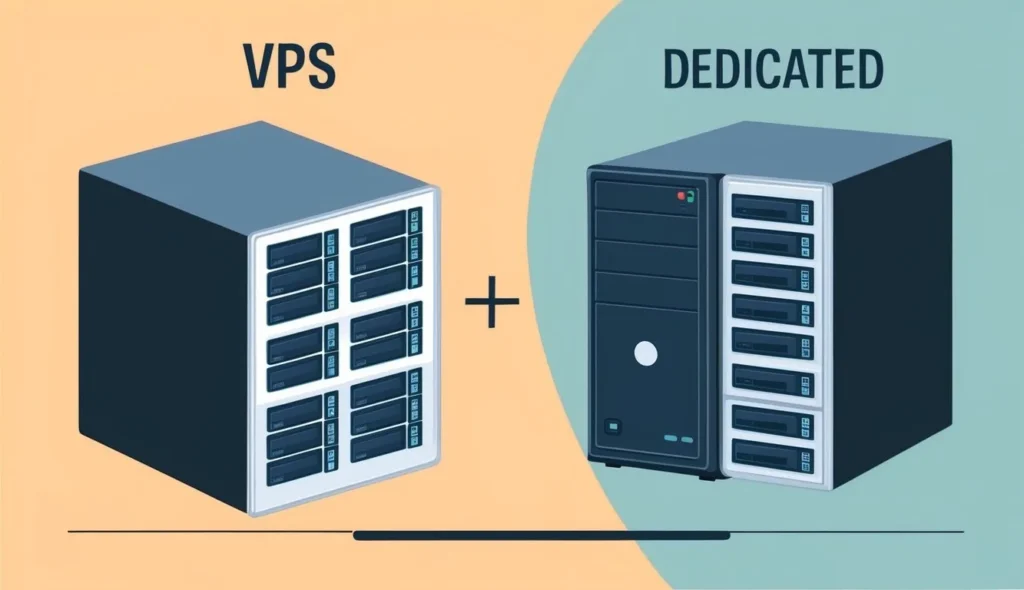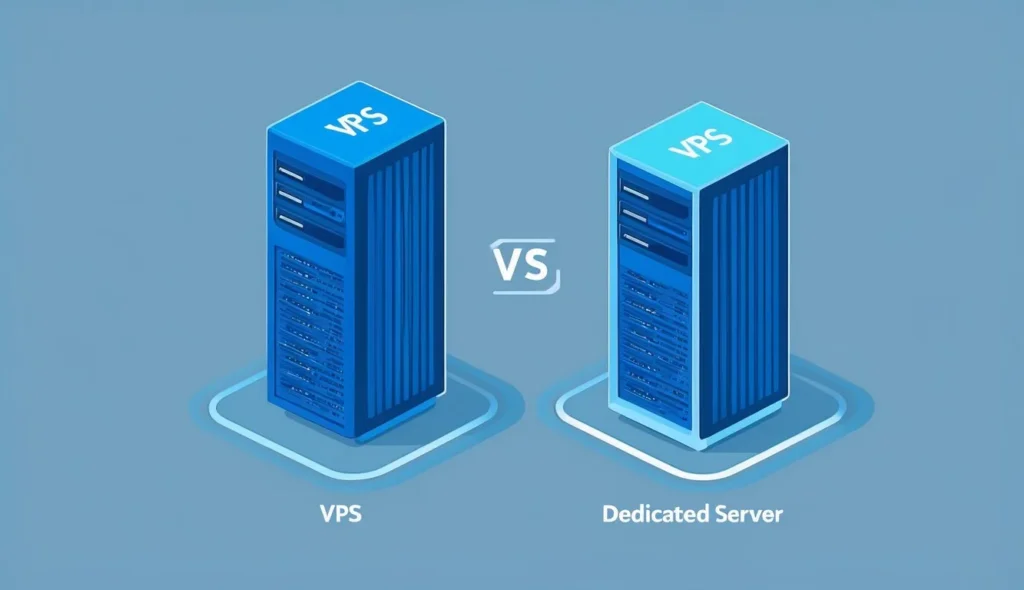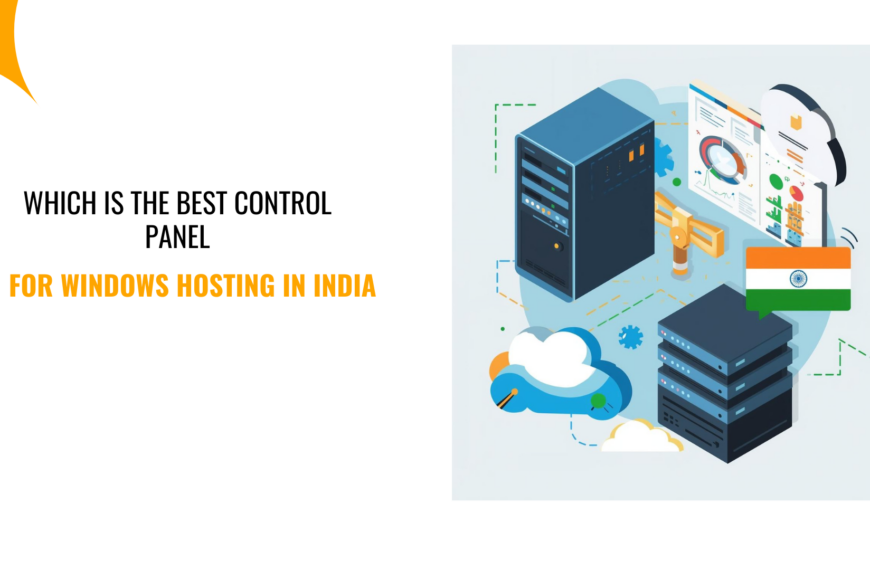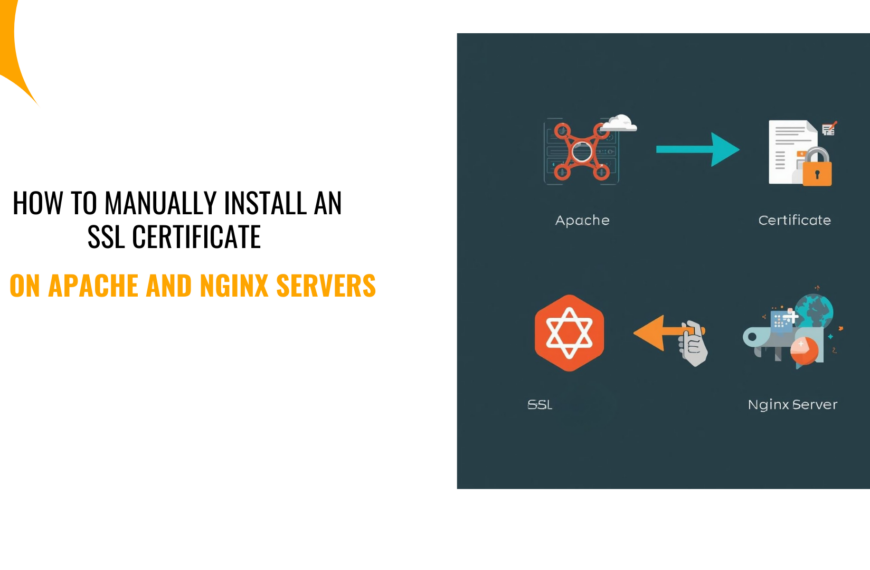Choosing between a VPS and dedicated server can be a tough decision for your website hosting needs.
Both options offer more power than shared hosting, but they come with different price tags and performance levels.
A VPS (Virtual Private Server) provides a good balance between performance and cost, while dedicated servers offer maximum power and control but at a higher price.
Your choice depends on your website’s needs, traffic levels, and budget constraints.
When deciding between these options, consider your growth plans.
A VPS is perfect for hosting websites, testing environments, or gaming servers when you need more resources than shared hosting provides.
If you run resource-intensive applications or have high traffic volumes, a dedicated server with its improved capacity might be the better choice despite the increased cost.
Understanding Your Hosting Needs

Before choosing between VPS and dedicated hosting, you need to clearly understand what your website requires to function well.
This involves knowing your site’s technical needs, understanding how much traffic you handle, and planning for future growth.
Identifying Website Requirements
Your website’s purpose directly impacts your hosting choice. Different sites have specific hosting needs:
- E-commerce sites need reliable uptime, strong security for customer data, and fast loading speeds to prevent cart abandonment
- Content-heavy blogs require sufficient storage and good bandwidth
- Streaming services demand exceptional bandwidth and processing power
- Big data applications need robust computing resources and storage capacity
If you run resource-intensive applications, like database servers or development environments, you’ll need more dedicated resources.
Security requirements also matter – websites handling sensitive information need stronger isolation from other websites.
Look at your site’s specific technology stack.
- Some applications demand more RAM,
- While others are CPU-intensive.
Knowing these details helps you avoid paying for unnecessary resources.
Evaluating Traffic Levels
Your website’s traffic patterns significantly impact hosting decisions. Sites with steady, predictable traffic have different needs than those with fluctuating visitor counts.
High-traffic websites generally require more server resources. If you consistently receive thousands of daily visitors, dedicated resources might be necessary to maintain performance.
Consider these traffic factors:
- Concurrent users – How many people use your site simultaneously?
- Peak hours – When does your traffic spike?
- Geographic distribution – Where are your visitors located?
For moderate traffic with occasional spikes, VPS hosting often provides the right balance of performance and cost.
It offers dedicated resources without the higher price of fully dedicated servers.
Use analytics tools to monitor your current traffic patterns. This data helps you predict resource needs and avoid hosting that’s either insufficient or wastefully powerful.
Assessing Growth Potential
Planning for future growth prevents the headache of frequent hosting migrations. Server migrations is not as easy as changing plans in shared hosting. So, take time to consider your business trajectory and expansion plans.
Fast-growing businesses benefit from scalable hosting solutions.
VPS hosting allows easier upgrades, letting you add resources as needed without hardware changes. For steady, predictable growth, this flexibility proves invaluable.
Ask yourself these growth-related questions:
- How quickly do you expect visitor numbers to increase?
- Will you be adding resource-intensive features soon?
- Are you planning marketing campaigns that might cause traffic spikes?
Seasonal businesses face unique challenges. If you experience predictable busy periods, you need hosting that can temporarily scale up during peak times without overpaying during slower periods.
The cost of upgrading also matters.
Moving from a VPS to a dedicated server requires more work than simply upgrading your existing VPS plan. Choose a hosting solution that gives you room to grow without major migrations.
Comparing Hosting Solutions
Choosing the right hosting solution impacts your website performance, cost, and management requirements.
Each option comes with distinct advantages depending on your specific needs.
VPS Hosting Overview
VPS (Virtual Private Server) hosting provides a middle ground between shared and dedicated hosting options.
With VPS hosting, you get a portion of a physical server partitioned into virtual environments.
Each VPS acts like a miniature dedicated server with allocated resources that aren’t shared with other users. This means you get guaranteed RAM, CPU, and storage space.
VPS hosting typically offers:
- Better performance than shared hosting
- Root access for installing custom software, something not offered in shared hosting.
- Scalability to increase resources as needed
- Cost-effectiveness compared to dedicated servers
One key advantage is that VPS hosting comes out on top for scalability when compared to dedicated servers.
You can quickly adjust resources up or down based on traffic demands.
VPS solutions work best for growing businesses, e-commerce sites with moderate traffic, and development environments that need custom configurations.
Dedicated Server Hosting Overview
Dedicated server hosting gives you an entire physical server exclusively for your use. Nothing is shared with other customers – all hardware resources belong solely to you.
With dedicated hosting, you gain maximum performance, complete control, and enhanced security.
It’s the premium option for high-traffic websites and resource-intensive applications.
Key benefits include:
- Maximum performance with no resource competition
- Complete control over server configuration
- Advanced security features and isolation
- Higher reliability for mission-critical applications
Dedicated servers are ideal for:
- Large e-commerce platforms
- High-traffic corporate websites
- Applications requiring specialized configurations
- Businesses with strict compliance requirements
The main drawback is cost – dedicated hosting is generally more expensive than other options. However, the investment makes sense for businesses that need the highest level of performance and control.
Shared vs. VPS vs. Dedicated Hosting
These three hosting types represent different points on the spectrum of cost, performance, and control.
Shared hosting puts multiple websites on a single server with resources divided among all users. It’s the most affordable option but offers limited performance and customization.
| Hosting Type | Cost | Performance | Control | Best For |
|---|---|---|---|---|
| Shared | $ | Basic | Limited | Small sites, blogs |
| VPS | $$ | Good | High | Growing businesses |
| Dedicated | $$$ | Excellent | Complete | Enterprise applications |
VPS hosting offers a good balance between performance and price.
You get dedicated resources and better isolation than shared hosting, but without the high cost of dedicated servers.
Dedicated hosting provides the highest level of performance and control but at premium prices. You’re responsible for managing the entire server, which requires more technical expertise.
When choosing between these options, consider your website’s traffic volume, technical requirements, and budget constraints. Small sites can start with shared hosting, while growing businesses often benefit from VPS solutions.
Key Factors for Making Your Decision

Performance and Reliability
VPS hosting offers good performance for most websites by sharing resources on a physical server.
Your site gets allocated RAM and CPU that are guaranteed resources, unlike shared hosting. This setup works well for medium-traffic websites and applications.
Dedicated servers provide maximum performance since you get an entire physical machine.
With exclusive access to all RAM, CPU, and storage, your website won’t be affected by other users’ activities.
This makes dedicated hosting ideal for:
- High-traffic websites
- Resource-intensive applications
- E-commerce platforms with heavy transactions
Reliability differs too.
VPS hosting typically offers 99.9% uptime, but may experience occasional performance fluctuations.
Dedicated servers generally provide better reliability with higher uptime guarantees, especially important for business-critical applications.
The performance gap has narrowed with modern VPS technology, but dedicated servers still hold the advantage for pure processing power.
Control and Customization
VPS hosting gives you root access to your virtual environment, allowing significant control over your server configuration.
You can:
- Choose your preferred operating system
- Install custom software
- Configure server settings
- Restart your server independently
However, you’re limited to the resources allocated to your virtual environment.
Dedicated servers offer complete control over the entire physical machine. This means:
- Full root/administrator access
- Freedom to modify hardware configurations
- Ability to install any compatible software or operating system
- Control over security implementations
- No restrictions on resource usage
For developers and businesses requiring specific server environments, dedicated hosting provides the ultimate customization potential. You can tailor every aspect of the server to your exact specifications.
If you need moderate customization without the full cost of dedicated hardware, VPS offers a good balance of control and affordability.
Security Considerations
VPS hosting provides improved security over shared hosting by isolating your environment.
Each VPS operates independently, meaning security breaches on other virtual servers typically won’t affect your site.
Most VPS providers include:
- Basic firewall protection
- DDoS mitigation
- Regular security updates
Dedicated servers offer maximum security potential since you control the entire physical machine.
This isolation eliminates risks from neighboring accounts entirely. You can implement:
- Custom firewall configurations
- Specialized security software
- Hardware-level security measures
- Compliance-specific setups for industries with strict regulations
The responsibility for security management differs between options. With VPS, providers often handle some security aspects. With dedicated servers, you typically have complete responsibility unless you opt for managed services.
For websites handling sensitive data or requiring specific compliance standards, dedicated hosting provides the most robust security foundation.
Cost Analysis

When comparing VPS and dedicated server hosting, pricing plays a crucial role in your decision-making process.
Let’s examine the financial aspects to help you choose the right solution for your needs.
Understanding VPS and Dedicated Hosting Pricing
VPS hosting typically costs between $20-$100 per month, making it a good balance between performance and affordability.
This mid-range pricing positions VPS as an excellent middle ground between cheap shared hosting and premium dedicated options.
Dedicated servers usually range from $100-$500+ monthly, depending on hardware specifications and management level.
The pricing difference exists because with VPS, you share a physical server with other users, though in isolated environments. With dedicated hosting, you pay for exclusive use of the entire physical machine.
Most providers offer tiered plans with various CPU, RAM, and storage configurations.
Entry-level VPS plans might include 2 CPU cores, 2GB RAM, and 50GB storage, while basic dedicated servers often start with 4-8 cores, 16GB RAM, and 1TB storage.
Analyzing Total Cost of Ownership
The monthly fee is just one part of your total hosting expenses. Consider these additional factors:
Setup fees: Some providers charge one-time installation costs, especially for dedicated servers requiring custom configurations.
Management level: Fully-managed plans cost more but include technical support and maintenance. Self-managed options are cheaper but require your technical expertise.
Hardware upgrades: Dedicated servers typically cost more for hardware upgrades since you’re responsible for the physical components.
Bandwidth requirements: Most hosting plans include a bandwidth allowance, with overage charges for exceeding limits. High-traffic sites need to factor in these potential costs.
Backup solutions: Regular data backups might incur additional fees, particularly for larger storage needs on dedicated servers.
Creating a multi-year cost projection helps identify the true financial impact of each option. Remember to account for scaling needs as your website or application grows.
Hidden Costs and Value Considerations
Beyond the advertised price, several hidden factors affect the true value of your hosting plan:
Technical support quality can significantly impact your experience. Premium support with dedicated hosting often includes faster response times and specialized expertise, reducing potential downtime costs.
Virtualization technology quality varies between VPS providers. Better hypervisors offer improved performance and reliability, potentially saving money by avoiding lost business during outages.
Server management options range from fully-managed (handling updates, security, and monitoring) to unmanaged (you handle everything).
For those without technical skills, management services provide valuable assistance despite the higher cost.
Scalability expenses differ between platforms. VPS solutions typically allow easier, less expensive scaling compared to dedicated servers that might require physical hardware changes or migrations.
Opportunity cost of your time spent on server administration with less-managed plans should be calculated. Business owners might find their time better spent on core activities rather than server management.
Consider these factors alongside the basic pricing to determine which hosting solution delivers the best overall value for your specific needs.
Technical Aspects of Hosting Services
Understanding the technical differences between VPS and dedicated hosting helps you make better decisions for your website needs.
These differences affect performance, control, and how you manage your online presence.
Server Resources and Technology
VPS hosting splits one physical server into multiple virtual machines. Each VPS gets its own dedicated resources like CPU, RAM, and storage. This means you don’t share processing power with other users like in shared hosting.
In contrast, a dedicated server gives you an entire physical machine. You get exclusive access to all hardware components. This provides maximum performance without resource competition.
The technology behind each option differs significantly:
- VPS: Uses hypervisor software to create virtual environments
- Dedicated: Provides bare-metal access to hardware
- Resource allocation: Fixed in dedicated servers, often adjustable in VPS
Your technical requirements should guide your choice. High-traffic websites or resource-intensive applications typically perform better on dedicated hardware.
Virtualization and Its Impact
Virtualization is the core technology that makes VPS hosting possible. It creates separate virtual environments that function as independent servers while sharing the same physical hardware.
The impact of virtualization on performance can be significant. While modern virtualization is efficient, it still adds a small layer of overhead compared to bare-metal servers.
This means a dedicated server will typically outperform a similarly-priced VPS.
Key virtualization effects:
| Aspect | VPS | Dedicated Server |
|---|---|---|
| Performance overhead | Slight | None |
| Resource isolation | Good | Perfect |
| Hardware access | Indirect | Direct |
VPS hosting offers impressive scalability and flexibility.
You can often upgrade resources without changing physical hardware, sometimes even without rebooting your server.
Managing Server Environments
Server management is a crucial factor when choosing between these two hosting options. Both VPS and dedicated servers require technical knowledge to maintain properly.
With dedicated servers, you have complete control over the entire machine. This includes hardware settings, operating system choices, and security configurations. The responsibility for maintenance falls entirely on you or your technical team.
VPS environments offer similar software control but within the constraints of the virtualization platform.
Many providers offer:
- Managed VPS plans with technical support and maintenance
- Unmanaged server options for those who prefer full control
- Control panels like cPanel, Cyberpanel or Plesk for easier administration
Your technical expertise should influence your choice. If you have limited server management experience, a managed VPS might be ideal for balancing performance and support.
For experienced administrators, unmanaged dedicated servers provide the most freedom.
 Web HostingBudget-friendly shared hosting plans
Web HostingBudget-friendly shared hosting plans Domains SearchFrom .com to unique country domains, explore and register extensions worldwide.
Domains SearchFrom .com to unique country domains, explore and register extensions worldwide. WordPress HostingPower your blog or business with WordPress hosting.
WordPress HostingPower your blog or business with WordPress hosting. Email HostingSimple, secure email hosting that helps you stay connected and professional.
Email HostingSimple, secure email hosting that helps you stay connected and professional. Reseller HostingStart your own hosting business with easy and reliable reseller hosting plans.
Reseller HostingStart your own hosting business with easy and reliable reseller hosting plans. AffiliateJoin our affiliate program and earn commissions every time you bring in new customers.
AffiliateJoin our affiliate program and earn commissions every time you bring in new customers. cPanel HostingHosting powered by cPanel, the world’s most user-friendly control panel.
cPanel HostingHosting powered by cPanel, the world’s most user-friendly control panel. Windows HostingBuilt for Windows applications and websites
Windows HostingBuilt for Windows applications and websites IN Domain PricesDon’t miss out on the best domain deals in India!
IN Domain PricesDon’t miss out on the best domain deals in India! WHOIS LookupFind out who owns a domain name with a quick and easy WHOIS search.
WHOIS LookupFind out who owns a domain name with a quick and easy WHOIS search. Domain TransferTransfer your domain to us and enjoy reliable support every step of the way.
Domain TransferTransfer your domain to us and enjoy reliable support every step of the way. .Com DomainGet the most trusted domain for worldwide credibility
.Com DomainGet the most trusted domain for worldwide credibility All TldsSearch and register domain extensions worldwide.
All TldsSearch and register domain extensions worldwide. Managed VPS HostingNot a tech expert? Choose our fully managed VPS service.
Managed VPS HostingNot a tech expert? Choose our fully managed VPS service. Dedicated ServersTake full power and total control of your own physical server.
Dedicated ServersTake full power and total control of your own physical server.







